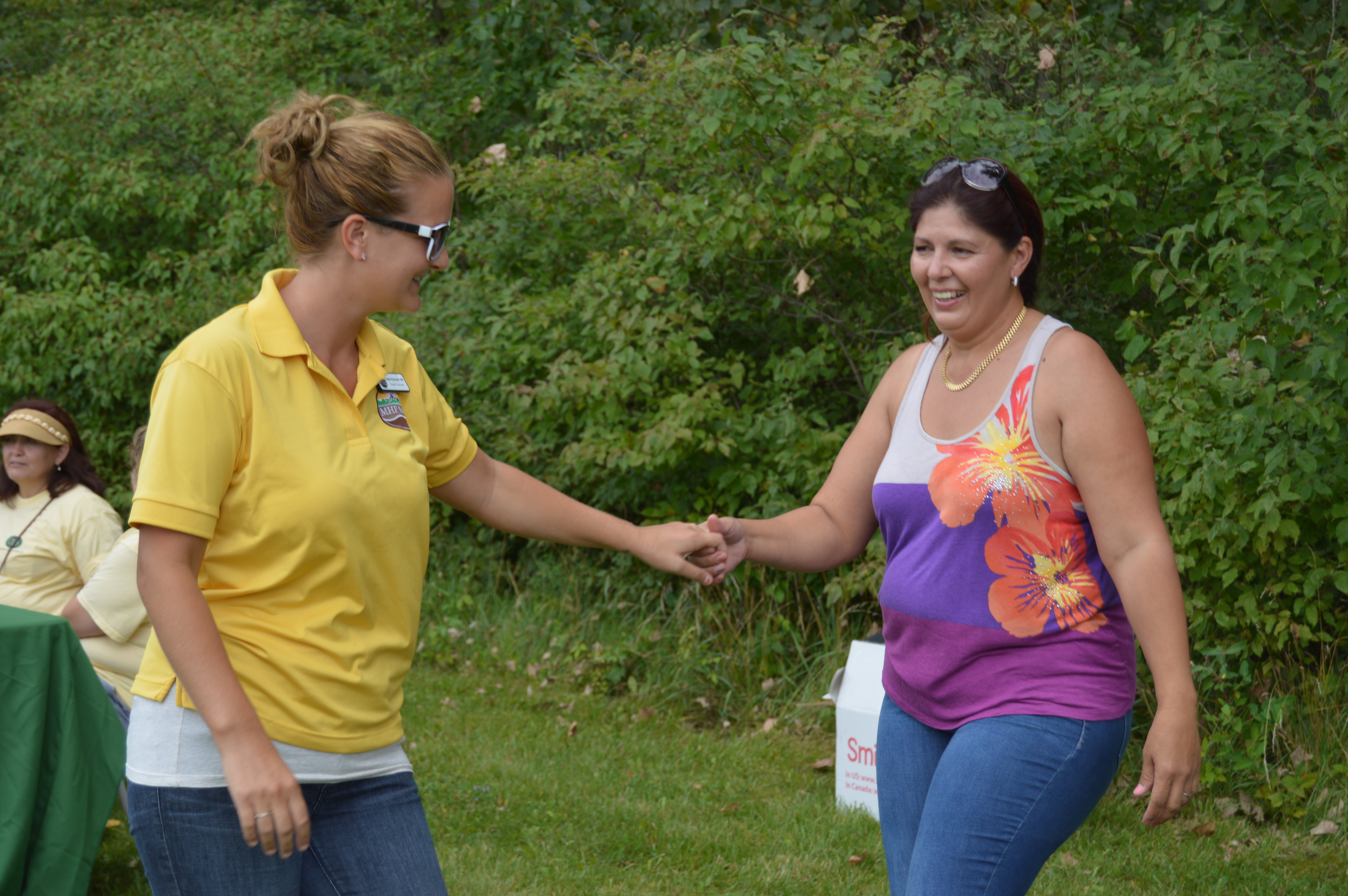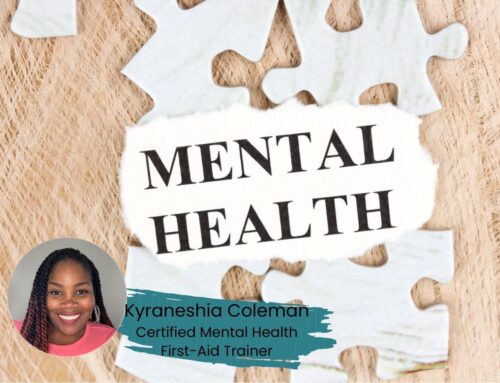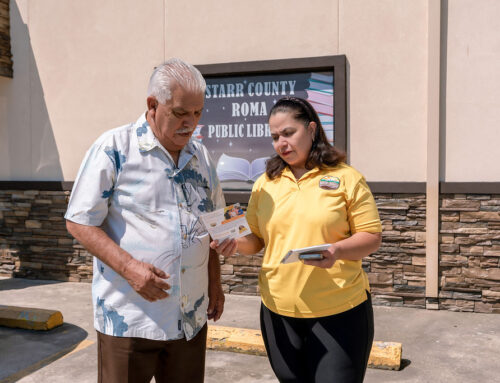
Community Health Workers Improve Mental Health Outcomes
Mental health is an increasingly important topic, with approximately 1 in 5 Americans experiencing mental illness in a given year.[1] Unfortunately, these conditions often go untreated, either because of stigma or embarrassment in seeking treatment or due to a lack of accessible, affordable mental health services. Left untreated, mental health concerns can often worsen. This drastically influences the quality of life for affected individuals; untreated mental health concerns can lead to the development of physical health issues, decrease the quality of interpersonal relationships and increase the likelihood of developing negative coping behaviors like substance misuse or other addictions.[2] There is also high economic cost associated with untreated mental illness, as untreated individuals will often seek care in the emergency room or through inpatient hospitalization, which is much more expensive than seeking proper treatment through primary care or a mental health provider; nationally, 5% of emergency room visits are primarily for mental illness or substance misuse.[3] According to national estimates, general hospitals will spend $38.5 billion dollars in 2018 caring for these patients, compared to $20.3 billion in 2003.[4] Treatment received within hospitals is short term, and not an appropriate solution for addressing mental illness and/or substance use, which is often a chronic, long-lasting challenge. It’s therefore incredibly important to identify and support those that are at greatest risk of experiencing mental health concerns, as well as those that experience the greatest barriers to receiving care.
People that are most likely to impacted by poor mental health or mental illness are often members of the most vulnerable populations. Underserved communities that experience barriers to good health are often at greater risk of developing poor mental health or mental illness. For example, individuals living below the poverty level are 2.5 times more likely to experience depression.[1] The elderly are also more likely to have mental or behavioral health conditions.[2] Underserved populations often have less access to mental health services. For example, ethnic minorities are just as likely to develop mental health conditions as non-Hispanic whites but are substantially less likely to receive treatment.[3] And for those living in rural locations, there is significantly less access to mental health providers. [4]
Community Health Workers Improve Mental Health Outcomes
Community Health Workers/Promotores(as) de Salud are well-situated to address mental health concerns in underserved communities. They act as a bridge between affected individuals and available resources. Community Health Workers combat stigma by educating and conducting outreach on mental health within the community. They are an excellent addition to healthcare teams that want to improve the mental health outcomes of traditionally hard-to-reach communities.
Addressing Mental Health in Diverse Communities
MHP Salud offers free resources that provide information and tools to be used by Community Health Workers or Promotoras de Salud to address mental health in their communities. These resources are based on MHP Salud’s successful program, Salud para Todos (Health For All), and includes an implementation guide and a program manual; they are available to download in both English and Spanish. The implementation guide provides a comprehensive overview of issues relating to mental health, including information on the role of the Community Health Worker in addressing mental health, the root causes of mental illness, information on both positive and negative coping behaviors, and identifying community resources.

Community Health Workers positively impact members of the community.
The program manual provides all the information needed to facilitate five-week long Salud Para Todos curriculum. It includes sections on mental health, stress, domestic and intimate partner violence, substance abuse and the relationship between mental health and chronic disease. Each session covers one topic and is designed to last approximately 2 hours. The program manual provides information on each topic for the CHW to share with the group, as well as the session agenda, session plan, materials needed, objectives, and facilitators notes to prepare for the session.
The Salud para Todos implementation guide and program manual can be used to provide mental health support populations most affected by mental health concerns. Organizations can use these free resources to supplement their own Community Health Worker-led programs by combatting stigma, educating, and increasing access to care, in order to improve the mental health outcomes of their communities.
MHP Salud additionally provides providing training and consulting services that can help organizations address mental health concerns in their communities. Contact us today at info@mhpsalud.org for more information!
[1] https://www.nami.org/Learn-More/Mental-Health-By-the-Numbers”
[3] https://www.nytimes.com/2013/12/26/health/er-costs-for-mentally-ill-soar-and-hospitals-seek-better-way.html?_r=1&
[5] https://www.apa.org/advocacy/workforce-development/gpe/populations.aspx
[6] https://www.apa.org/advocacy/workforce-development/gpe/populations.aspx
[7] https://www.nami.org/Blogs/NAMI-Blog/July-2017/Challenging-Multicultural-Disparities-in-Mental-He
[8] https://www.apa.org/advocacy/workforce-development/gpe/populations.aspx






